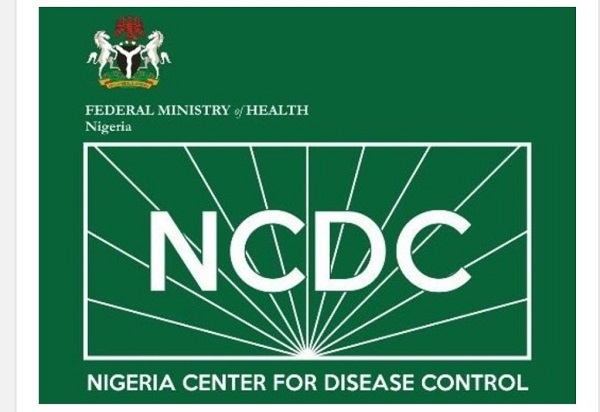The Nigeria Centre for Disease Control and Prevention (NCDC) has assured the public that there is no immediate cause for alarm regarding the newly identified COVID-19 XEC variant. This variant, currently circulating in Australia and 42 other countries, has not been detected in Nigeria.
In a statement on Sunday, the NCDC emphasized that the National COVID-19 Technical Working Group is closely monitoring the situation. Health facilities across the country, both public and private, have been urged to increase COVID-19 testing for suspected cases. The agency also requested that all positive samples be sent to accredited laboratories for further analysis.
The NCDC explained that the XEC variant is a sub-lineage of the Omicron JN.1 variant, which has been observed globally. While JN.1 is classified as a Variant of Interest (VOI) and has been reported in 132 countries, including Nigeria, the XEC variant is categorized as a Variant Under Monitoring, meaning it is being closely observed but does not yet pose a significant risk.
Although there has been a rise in cases linked to the XEC variant in other parts of the world, including Europe, Asia, and North America, the NCDC confirmed that this variant has not been detected in Nigeria. The agency assured Nigerians that it is actively analyzing both local and international data to guide public health responses.
As part of its emergency preparedness strategy, the NCDC has continued to strengthen its surveillance, detection and response capabilities. A dynamic risk and readiness assessment is also underway to refine its response plan.
The agency reminded the public that while COVID-19 remains a health risk, particularly for vulnerable groups such as the elderly, individuals with chronic conditions and those with weakened immune systems, there is no need for panic.
To mitigate the spread of the virus, the NCDC advised Nigerians to maintain personal hygiene, cover their mouths and noses when coughing or sneezing, and use hand sanitizers containing at least 60% alcohol if soap and water are unavailable. Other recommendations include wearing masks, practicing physical distancing, getting tested when experiencing symptoms and ensuring vaccination.
Healthcare workers were also advised to test patients with respiratory or fever-related symptoms, maintain proper hygiene and use protective equipment to prevent the spread of infection.
State governments and policymakers were encouraged to promote awareness campaigns to educate the public on preventive measures and the importance of seeking medical attention promptly.

